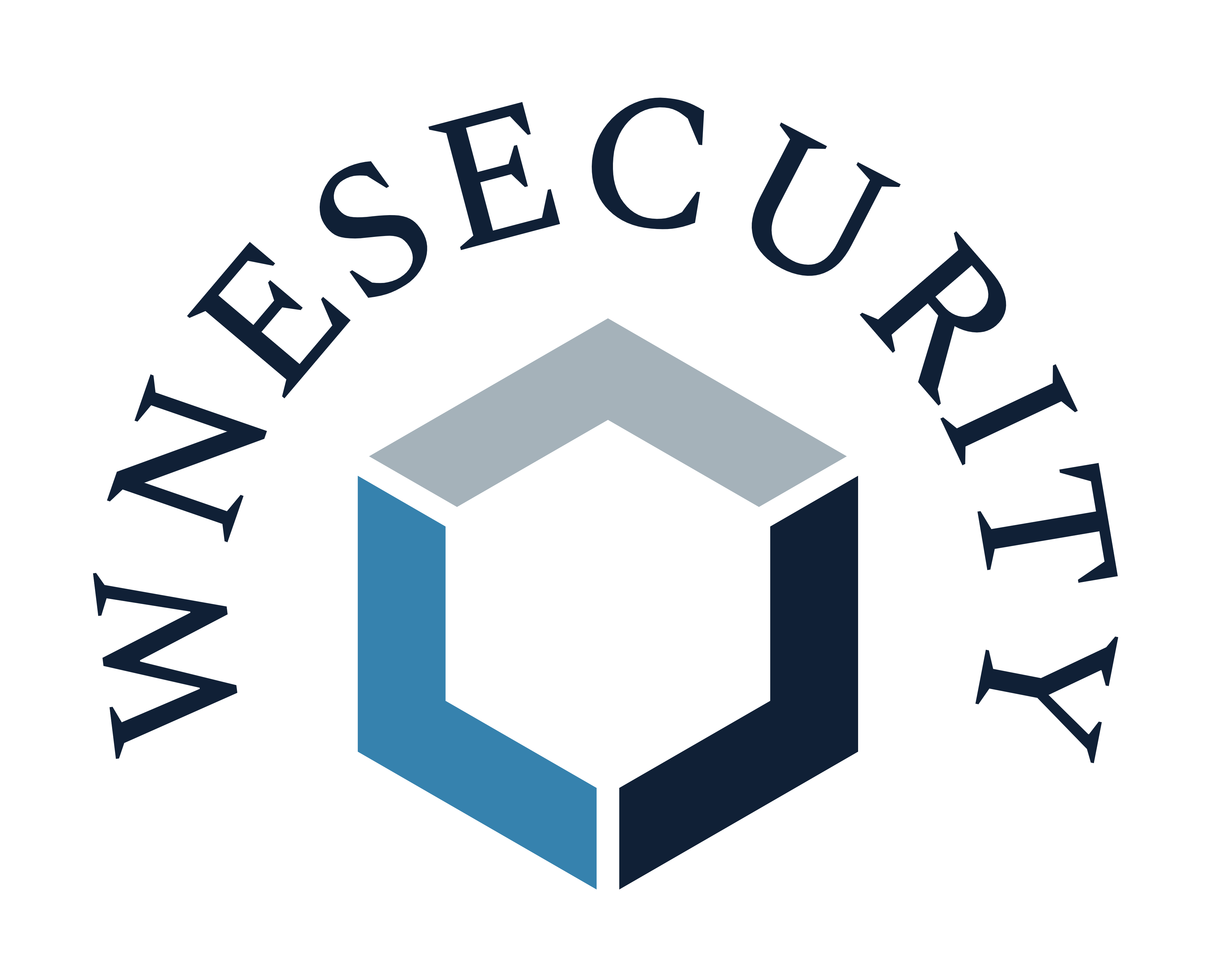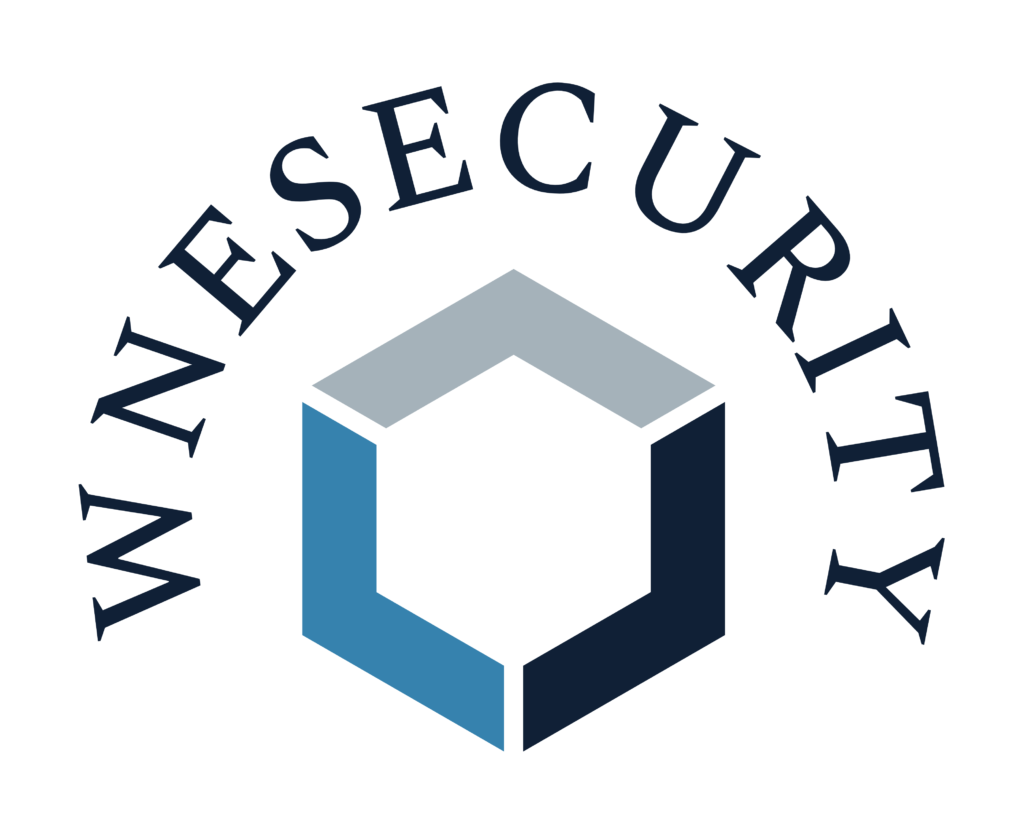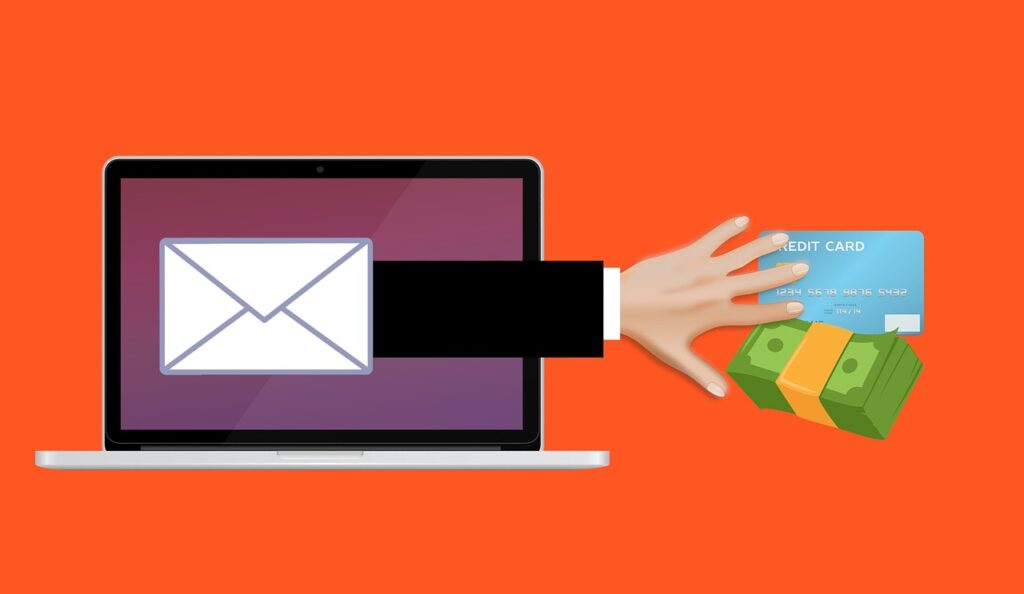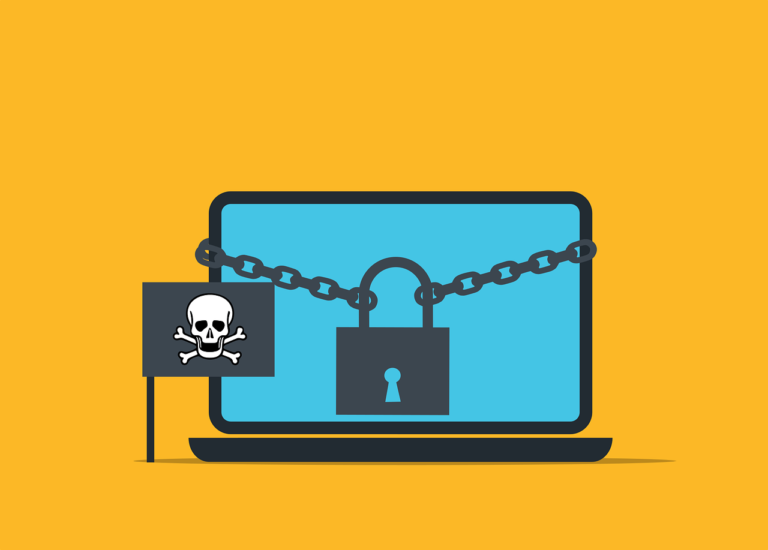WNE Security News
The most important cybersecurity news to stay up to date with
The Essential Role of Computer Security Service in Protecting Individuals and Businesses

WNE Security Publisher
1/10/2025

Need Help With Computer Security?
Have it done by experts by clicking the button below to learn more about our computer security service and to schedule a free meeting today!
Computer security service encompasses a broad range of services designed to protect computers, networks, programs, and data from unauthorized access, damage, or attack. These services are essential in today’s digital landscape where cybersecurity threats are prevalent and constantly evolving. The core objective is to ensure the integrity, confidentiality, and availability of information.
At WNE Security, we offer a multitude of different services designed to help keep you safe online. We have services designed for individuals looking to make their home network, family devices and online accounts/applications while also providing services for home offices and small businesses. If you are looking to learn more about these services, click here. Also, if you would like to know more about how you can keep your personal and business assets safe from cybercriminals, you can read this article and or click the links below which will lead you to a plethora of good resources on how to stay safe online.
https://www.ntiva.com/cyber-security-services
https://www.nerdsonsite.com/residential-services/computer-security/
https://usa.kaspersky.com/enterprise-security/cybersecurity-services
Individuals Guide To Our Personal Computer Security Service
Use Strong, Unique Passwords: One of the simplest yet most effective ways to enhance personal cybersecurity is by using strong, unique passwords for each online account. A strong password typically includes a mix of letters, numbers, and special characters. Avoid using easily guessable information like birthdays or common words.
Enable Two-Factor Authentication (2FA): Wherever possible, enable two-factor authentication. This adds an extra layer of security by requiring a second form of identification beyond just a password, such as a code sent to your phone.
Regularly Update Software and Systems: Keep your operating system, antivirus software, and other applications up to date. Software updates often include patches for security vulnerabilities that have been discovered since the last version.
Be Wary of Phishing Attempts: Phishing attacks, where scammers attempt to acquire sensitive information by pretending to be a trustworthy entity, are common. Be cautious with emails or messages asking for personal information or urging you to click on a link. Verify the source before taking any action.
Use Secure Networks: Be mindful of the networks you use, especially when handling sensitive information. Public Wi-Fi networks can be insecure, making it easier for hackers to intercept your data. Use a virtual private network (VPN) when accessing public Wi-Fi to encrypt your internet connection.
Regularly Back Up Important Data: Protect your data from ransomware and other types of data loss by regularly backing it up. Use an external hard drive or cloud storage service to keep a copy of important files.
Educate Yourself About Cyber Threats: Stay informed about the latest cyber threats and how to protect against them. Knowledge is a powerful tool in cybersecurity.
Secure Your Mobile Devices: Smartphones contain a wealth of personal information. Use a strong passcode, update the operating system regularly, and be cautious about the apps you download.
Monitor Financial Transactions: Regularly check your bank statements and credit reports for any unusual activity. This can help you catch identity theft early.
Be Cautious with Personal Information: Limit the amount of personal information you share online, especially on social media. Information like your address, phone number, and date of birth can be used for identity theft.
Guide For Our Computer Security Service For Businesses
Threat Protection and Antivirus Software: This is perhaps the most well-known aspect of computer security services. It includes software that protects against malware, including viruses, worms, and Trojan horses. These programs scan the computer for malicious software and remove them.
Firewalls: Firewalls control the incoming and outgoing network traffic based on an applied rule set and establish a barrier between a secure and controlled internal network and the internet. This helps prevent unauthorized access to the network.
Intrusion Detection and Prevention Systems (IDPS): These are designed to detect and prevent network and system intrusions. They monitor network traffic and system activities for malicious activities or policy violations.
Data Encryption: Encryption services protect sensitive data by encoding it so that it can only be accessed by those who have the key to decode it. This is crucial for protecting data both at rest and during transmission.
Access Control: This involves managing user access to computer systems. It includes authentication services like passwords, biometrics, and two-factor authentication, ensuring that only authorized users can access certain data or systems.
Security Audits and Assessments: Regular security assessments and audits are performed to evaluate the effectiveness of current security measures. These include penetration testing, where security experts attempt to breach the system defenses to identify vulnerabilities.
Disaster Recovery and Business Continuity Planning: These services ensure that a business can continue operating and recover quickly in the event of a cyber attack or data loss. This includes regular data backup and plans for restoring systems and data after a security breach.
Employee Training and Awareness Programs: Since human error can lead to security breaches, training employees on best practices for cybersecurity is an integral part of computer security services. This includes educating employees about phishing, password management, and safe internet practices.
Compliance and Regulatory Services: For businesses, complying with legal and regulatory standards related to cybersecurity (such as GDPR, HIPAA, etc.) is crucial. Computer security services help organizations meet these compliance requirements through various technological and procedural implementations.
Security Monitoring and Incident Response: Continuously monitoring for suspicious activities and having a plan in place for responding to security incidents is vital. This includes real-time alerts and a dedicated team to handle and mitigate any security breaches.
Learn more about WNE Security products and services that can help keep you cyber safe.
Have it done by experts by clicking the button below to learn more about our computer security service and to schedule a free meeting today!

Stay updated with WNEsecurity’s news section for the latest in cybersecurity trends, threats, and protection measures.



